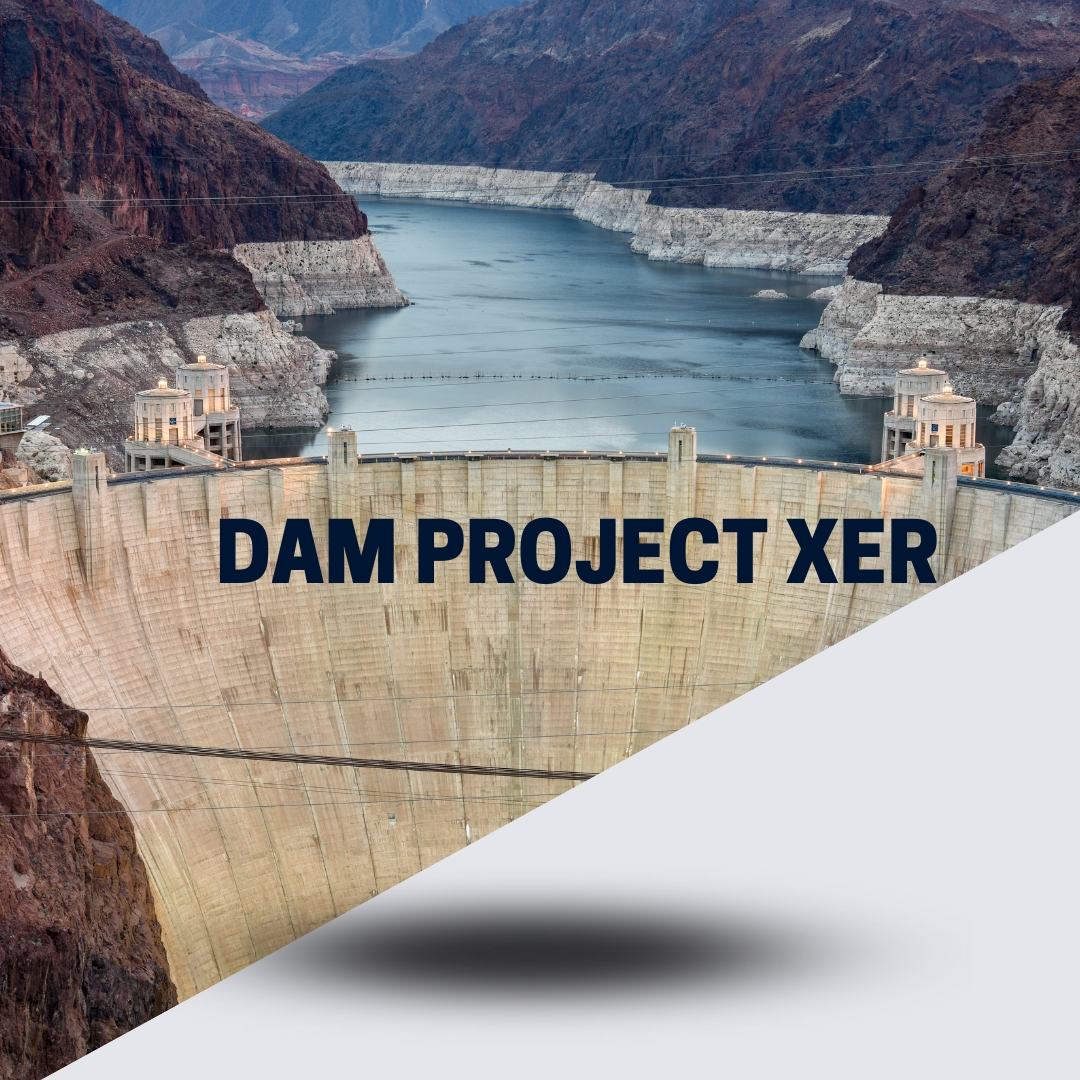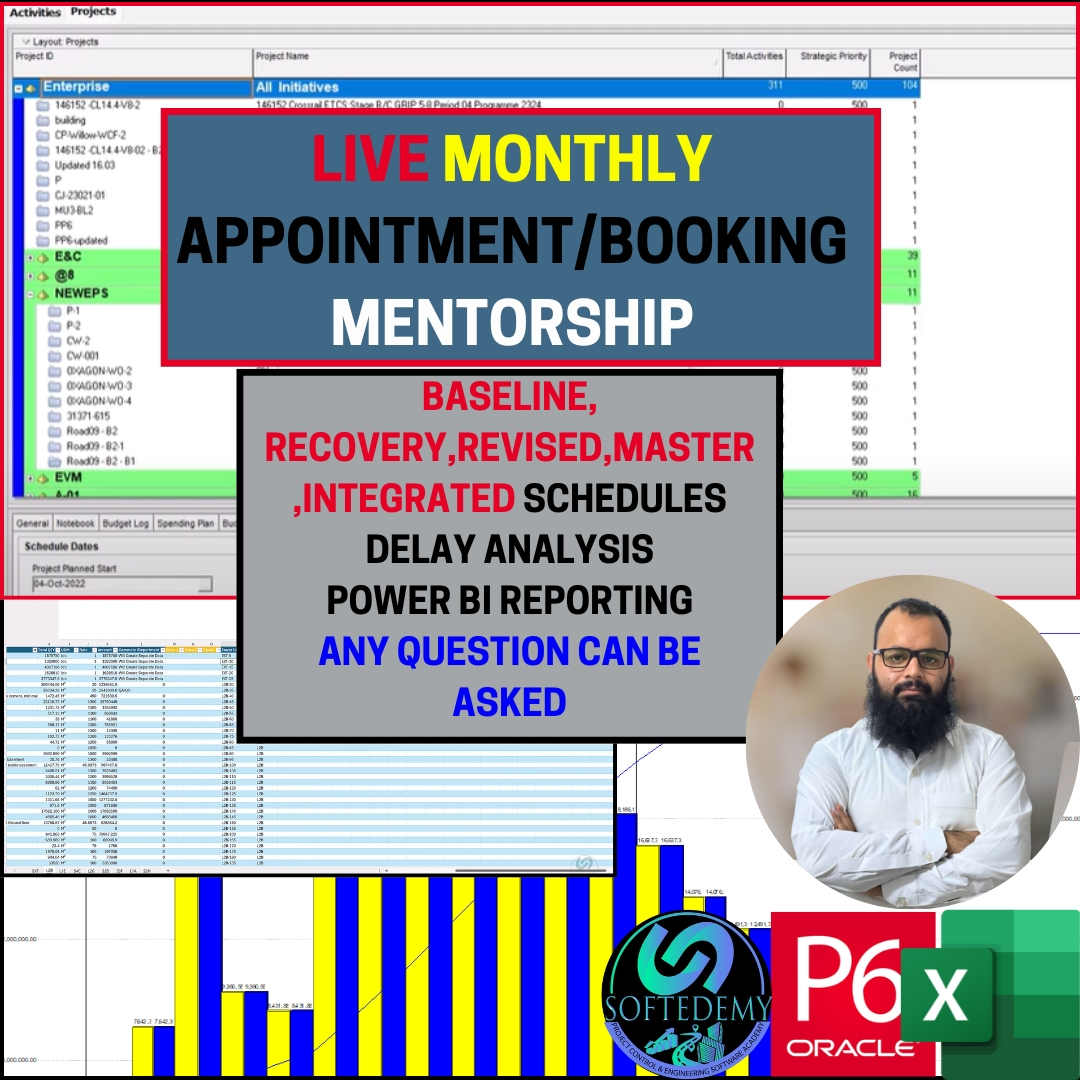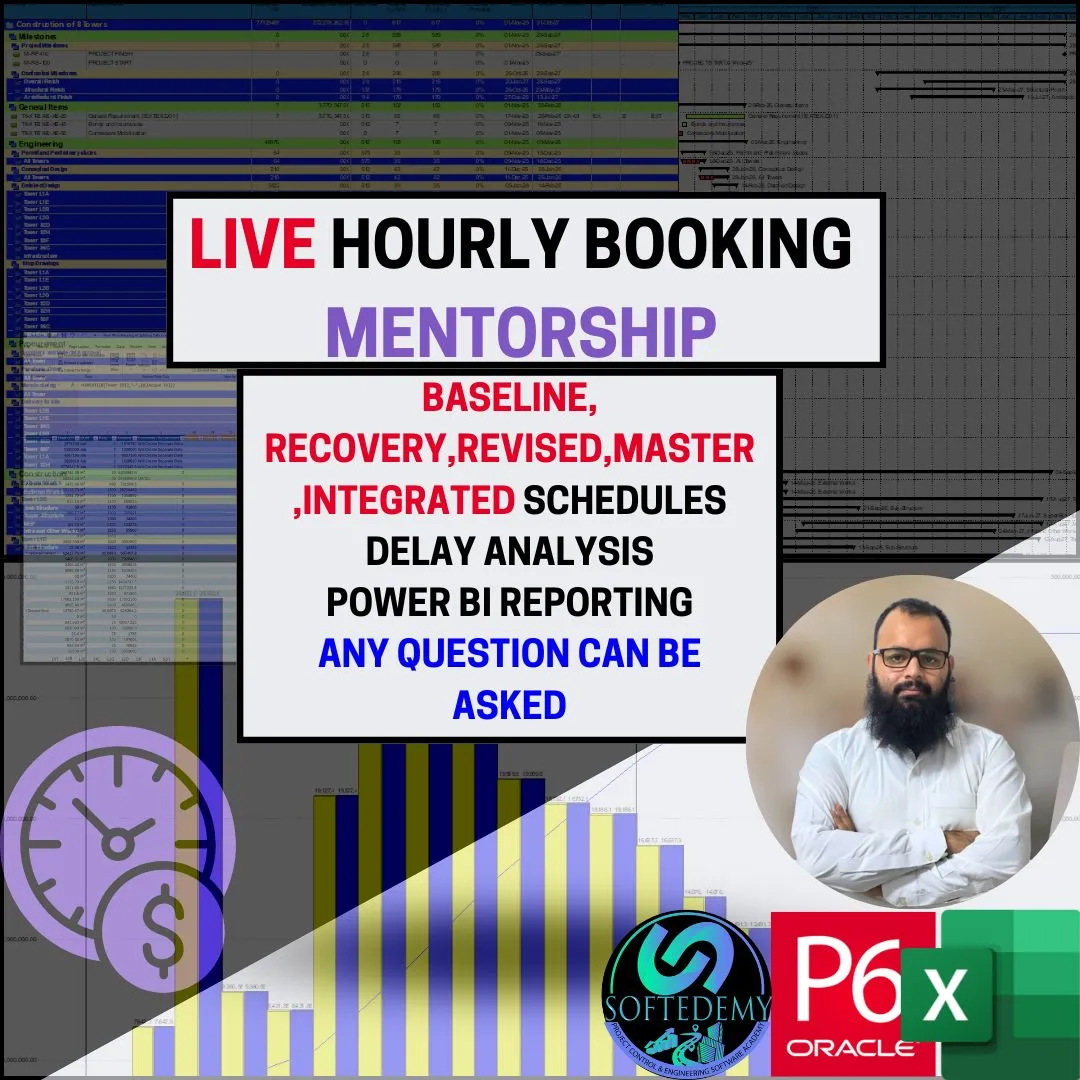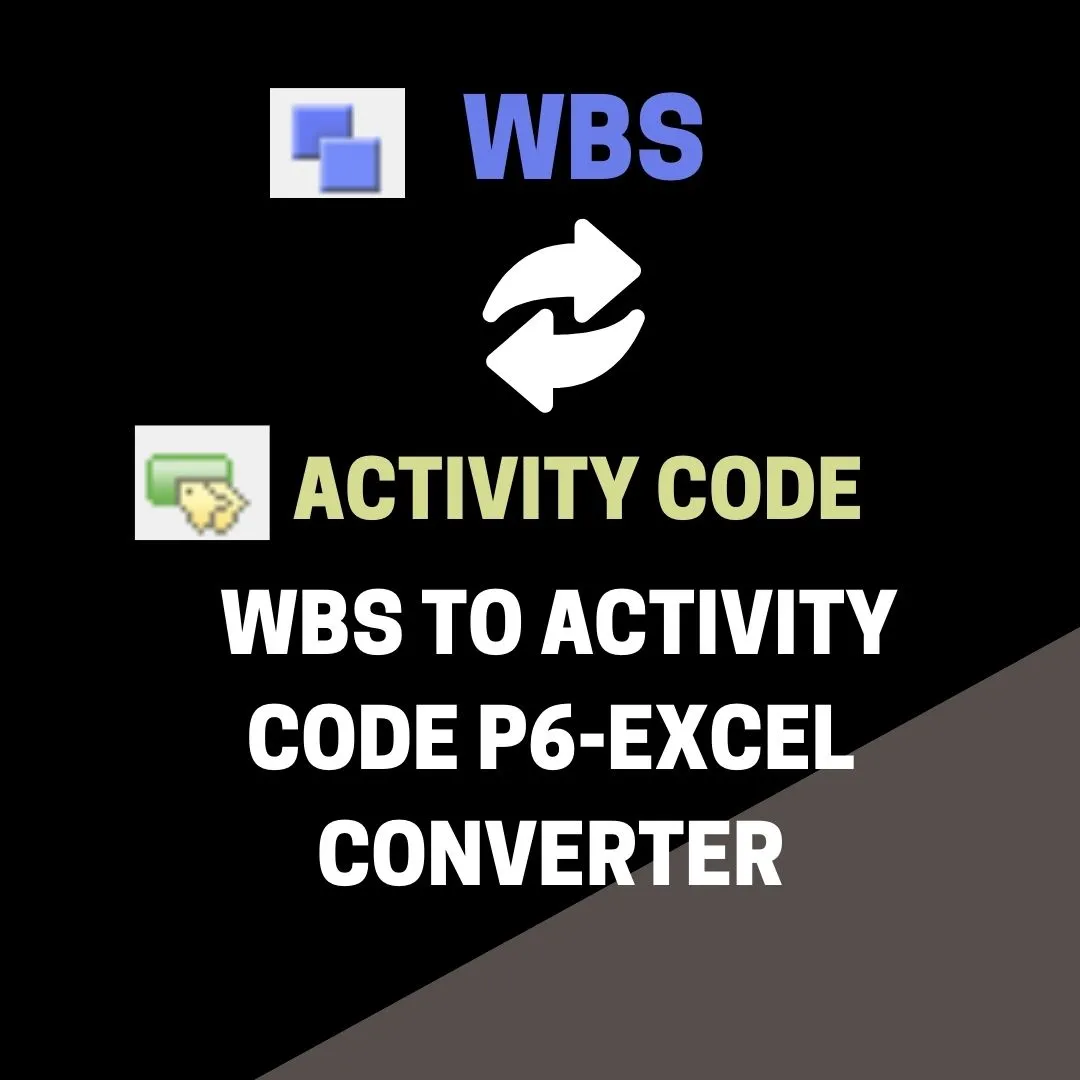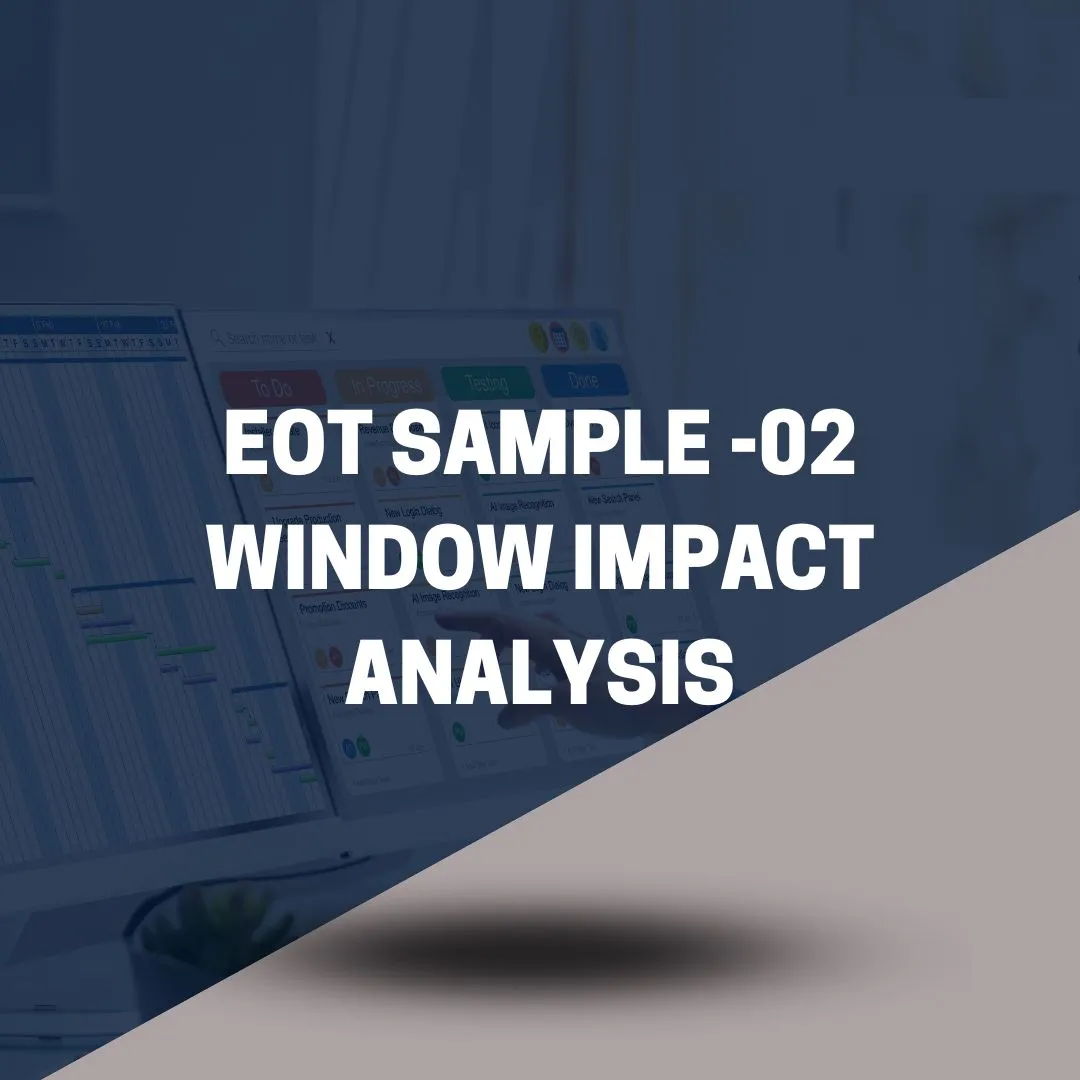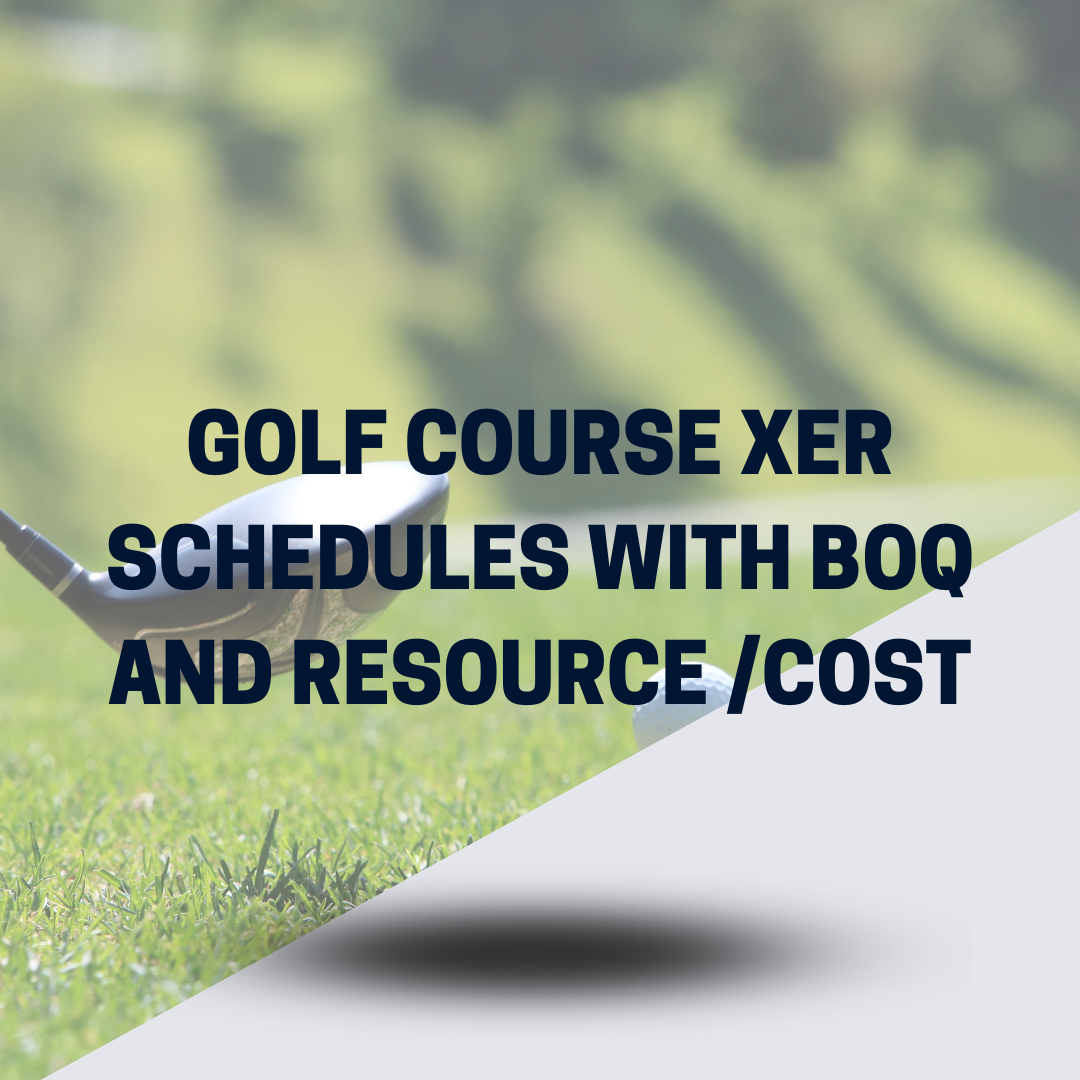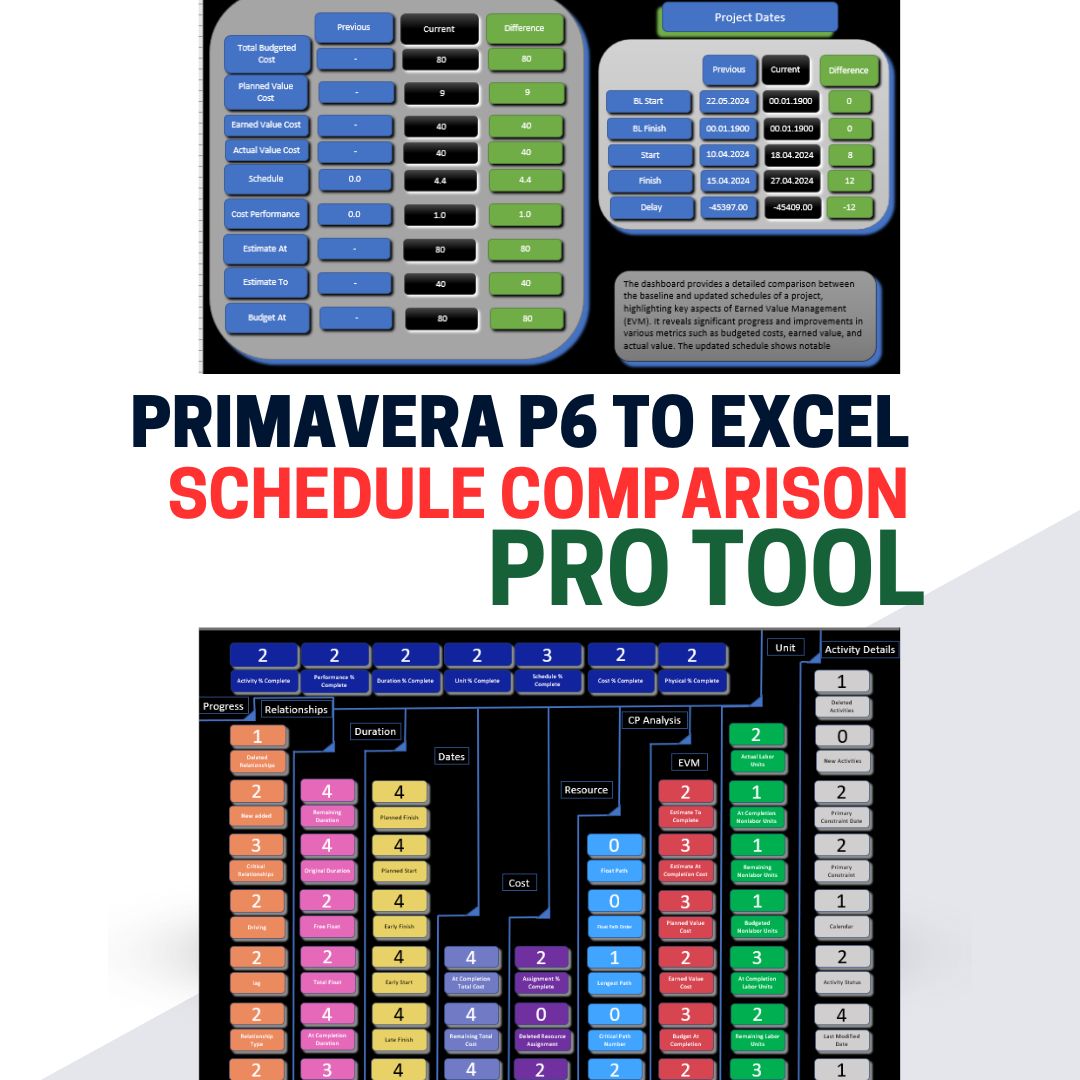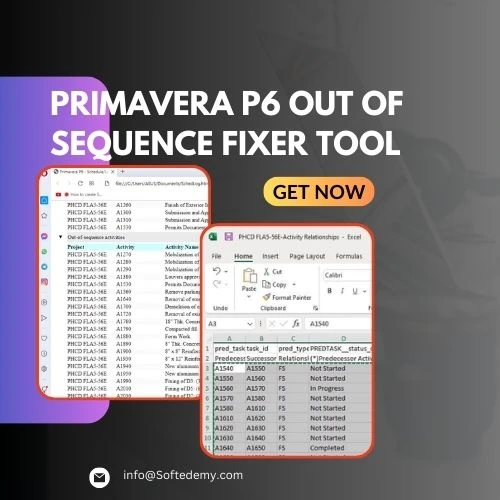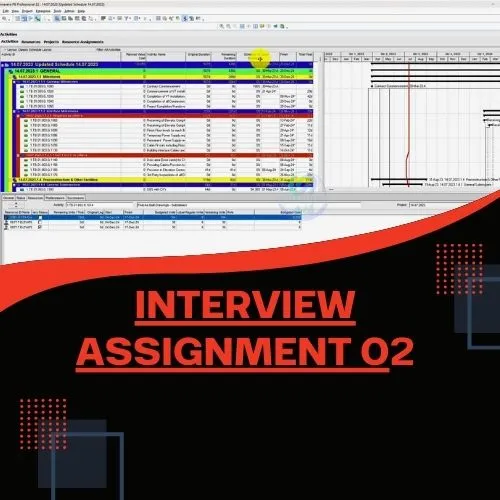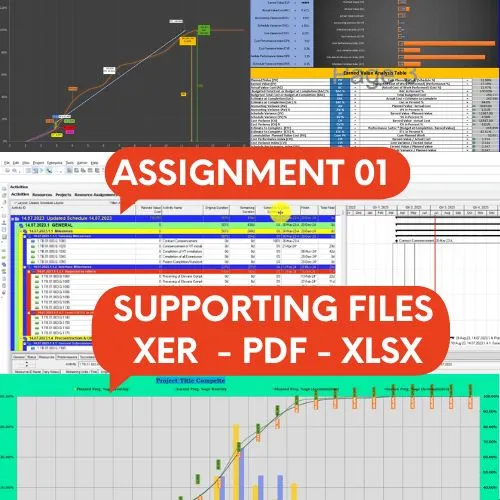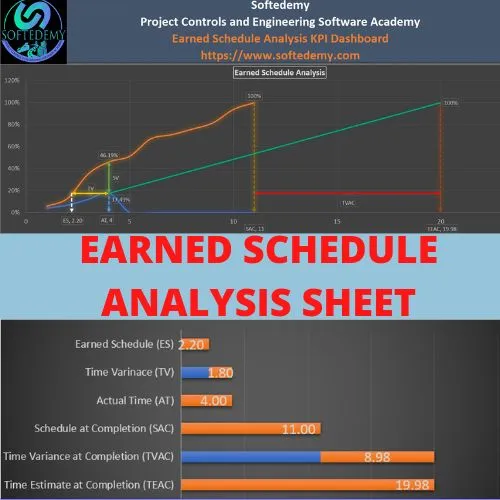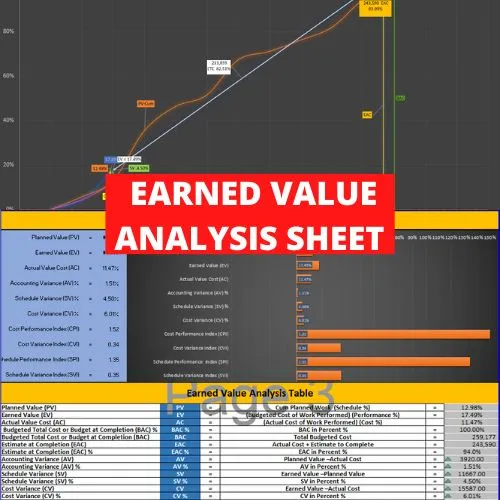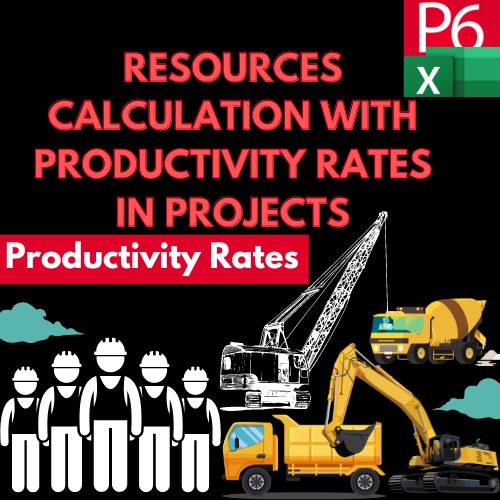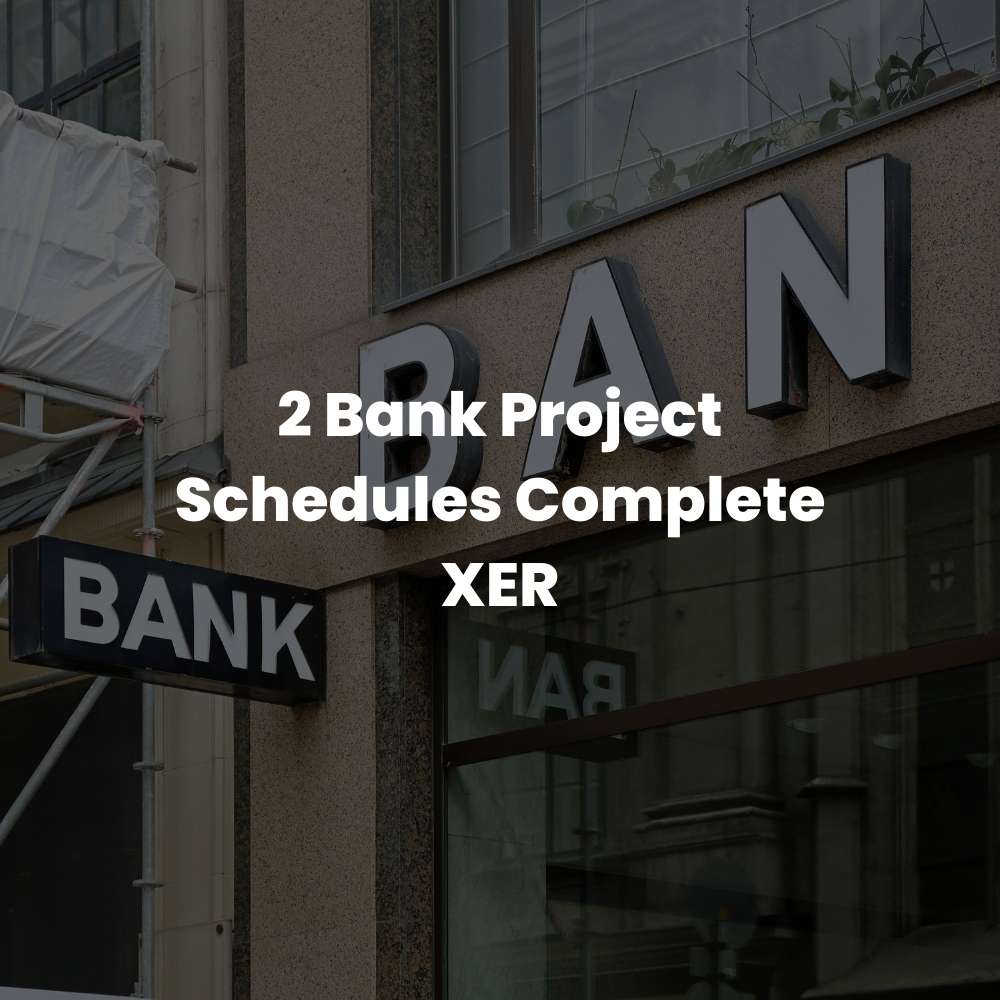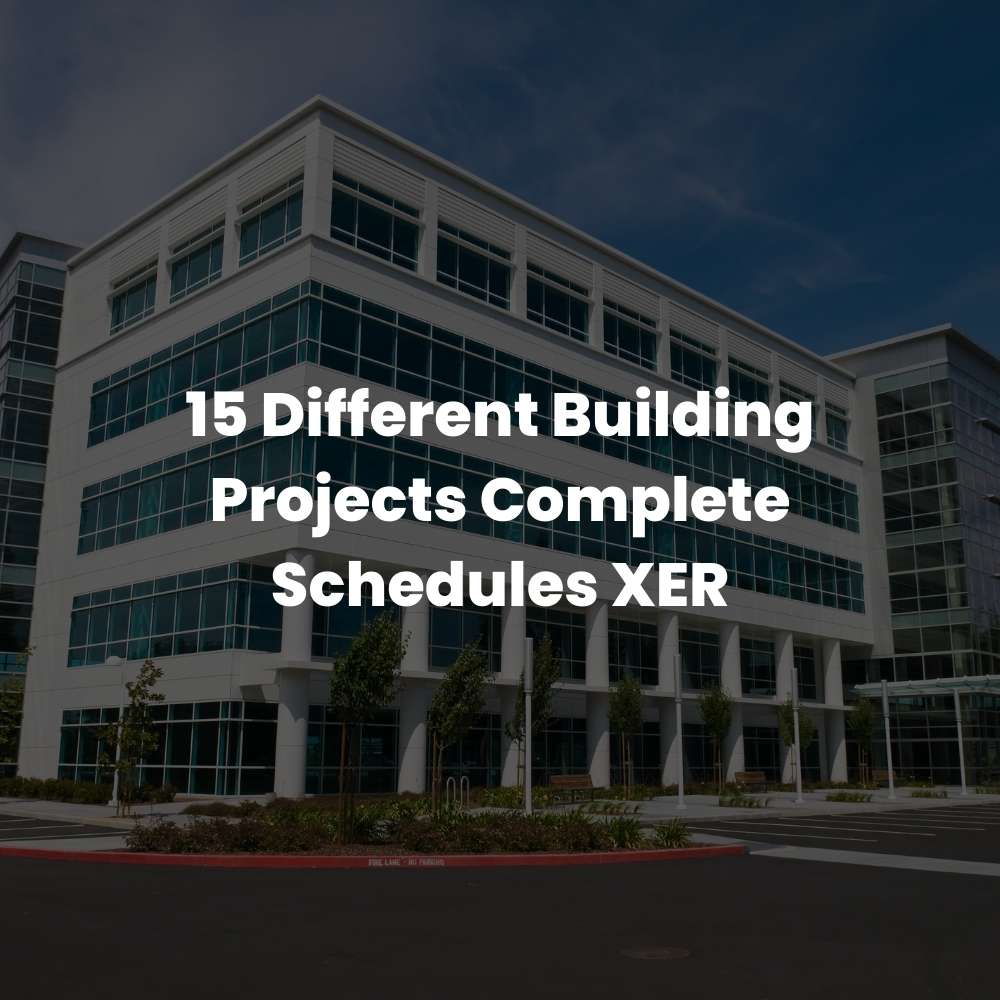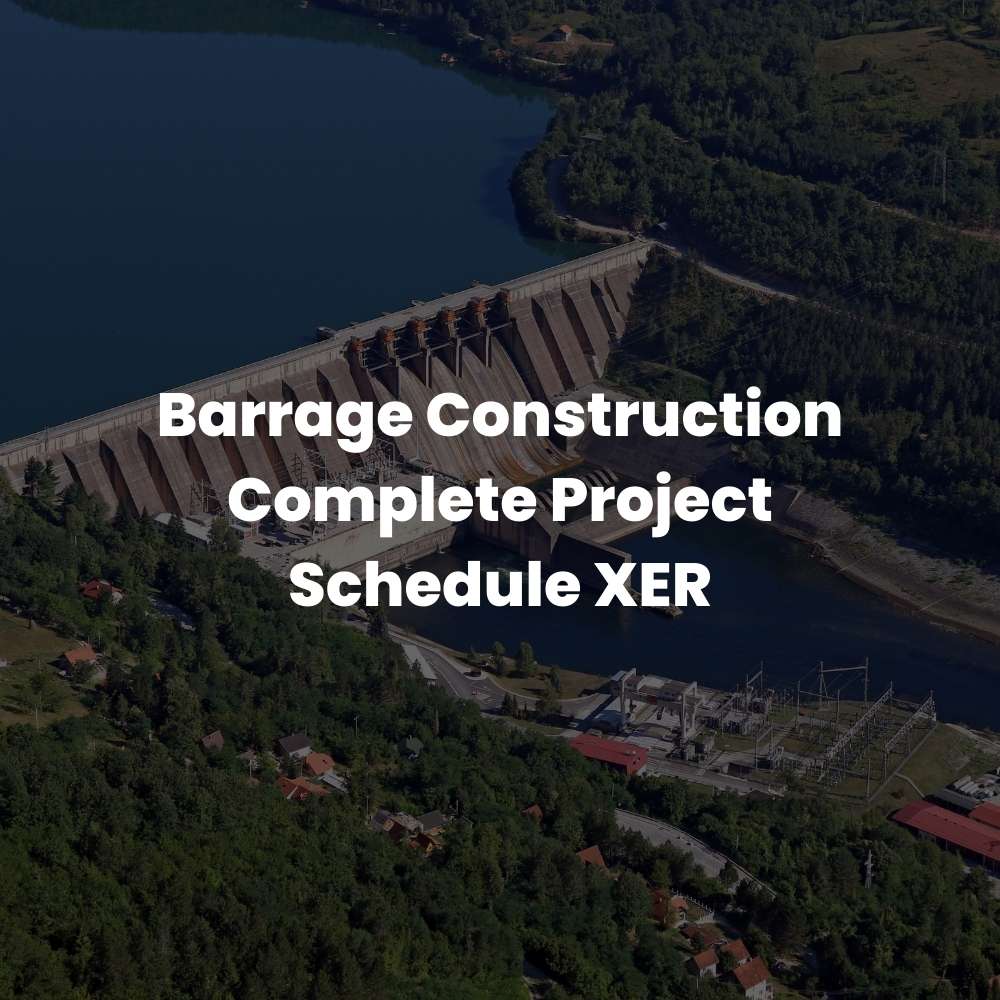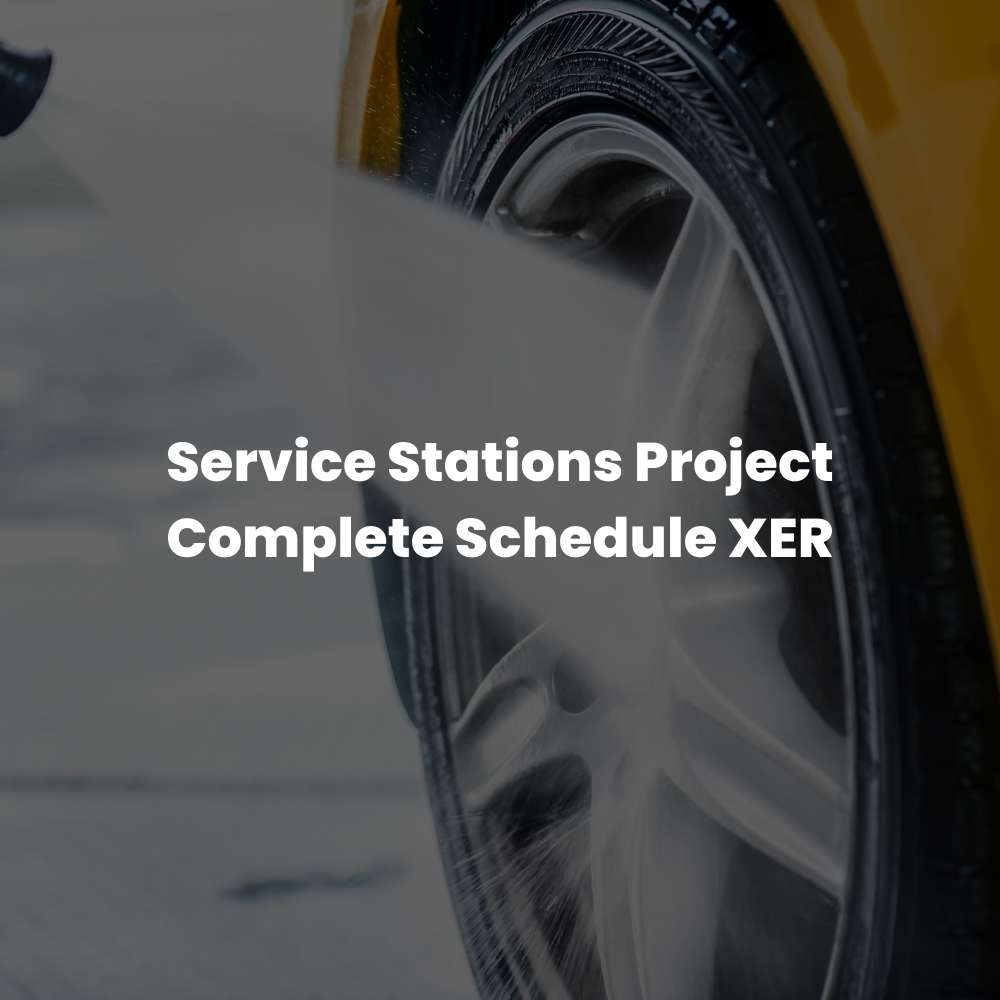
Introduction
Contract management is a wide field of business that ensures the smooth flow of all your organizational processes. However, in order to be truly effective, it needs to incorporate a number of different elements, including the educational process and managing contract cycles. In this blog post, we’ll explain what each of these components involves and how they all fit together in the greater world of contract management. We’ll also share some tips on how you can approach these processes at your company, as well as some tools that can help you make it all happen.
Introduction: Why does contract management matter?
- You need to know how to manage it in order to run your business.
- They are necessary because they help you get what you want and avoid problems.
- They can be expensive, take a long time to prepare, are difficult to understand, and may not always be enforced by the law so it is important that you understand how best to use them.
The importance of contract cycles in business
Contract cycles are an important tool for keeping your business organized, ensuring that all parties involved in a contract understand their obligations, and making sure both sides of the deal are getting what they want. It’s also part of doing business.
These are legally binding and help protect both parties from misunderstandings or disagreements about what was agreed upon at the time of signing. While not every business requires contracts for every step along the way, it is important to have them in place whenever possible because they help ensure that everyone is on the same page before moving forward with any project or endeavor.
How to take care of all your contracts and agreements in one place
Creating a single place for all your contracts and agreements is key.
It’s imperative to have a single place where you can manage all of your contracts, agreements, and cycles at once.
This will save time and help keep everything organized.
The 16 steps you need to follow throughout the lifetime of your contract cycle
Project management is an important part of the business and legal processes at any company. It can is used to manage and track agreements between the company and its clients, partners, or vendors. They can also be used as evidence in court cases if disputes arise from those contracts.
Sometimes, it’s necessary to create new contracts for existing relationships; other times, it’s best to start with a blank sheet of paper when negotiating new terms with other parties. Whichever approach you take, you should have a solid understanding of how your organization handles this process before attempting anything on your own.
The best tools to help you create agreements and manage their lifecycle
If you are looking for a contract management solution, look no further than Project management software.
Project management software is a powerful tool for managing all of your contracts and agreements in one place, which can help to improve the efficiency of your business. Project management software helps automate many of the steps in the contract lifecycle and allows you to manage your Projects and agreements more effectively.
With the right tools and approach, you can manage all your contracts effectively.
Project management is an important part of any business, but it can be difficult to manage without the right tools. This section will teach you about the cycle, lifecycle, and tools available to help you manage you’re effective.
To start with, let’s define some terms: A project is an agreement between two or more parties (or a single party) that outlines what each party must do in order for both parties to receive certain benefits from their interactions. Agreement refers to any type of agreement that does not involve money being exchanged between two parties, such as when one person shares space with another person for a period of time.
Conclusion
Good Project management is more than just signing a document. It’s an ongoing process that requires careful planning and attention to detail. To be successful at it, you’ll need a clear understanding of what your work entails, and how they should be organized in order to support each other as well as your business goals. There are many tools available for this task; we hope that our list helped you decide on the one best suited for your needs!


